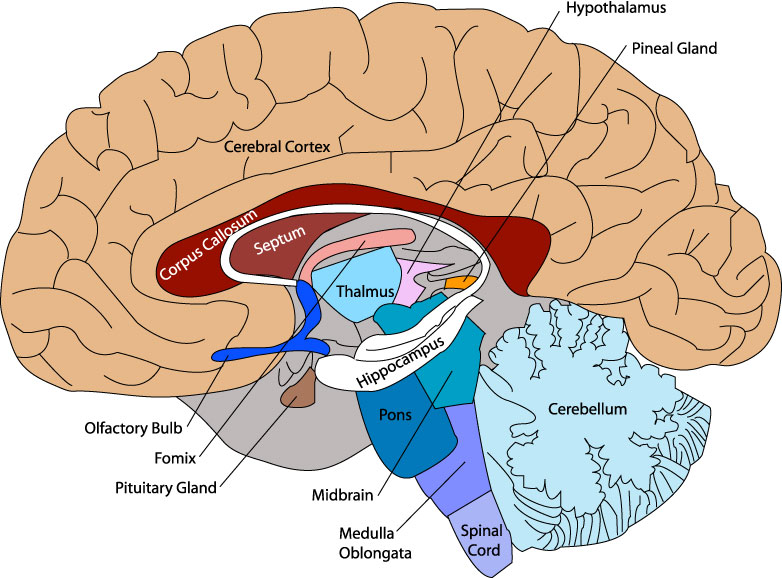What are the chances of a legalized drug, that claims to help you, is actually harming you? According to multiple studies, the chances are favorable.
 Marijuana use is often categorized into several types of uses:
Marijuana use is often categorized into several types of uses:
- medical
- occasional
- chronic
Within the past few years marijuana use had been approved to be used for medicinal purposes. However, many industries both small and large seized an opportunity to earn a substantial amount of money, for their own monetary gain.
An occasional smoker doesn’t smoke marijuana on a regular basis. In fact, an occasional smoker might smoke a “joint” once or twice per month, alone or with friends. Smokers, who use marijuana for medical purposes, only smoke the recommended amount prescribed by their doctor. So “Why do some people enjoy smoking marijuana on a regular basis, and why is it difficult for chronic marijuana users to quit?”
Excessive use of marijuana over a long period of time causes a dependency to the effects of the drug. The “high cloud nine” feeling, the ultimate rush of a lifetime and worry free attitude are only a few reasons why chronic marijuana users, can’t quit. For most smokers their adventures with marijuana or “Mary Jane” begin long before they were adults.
For some the journey of smoking cannabis began when they were in middle school, and for others it began when they entered high school. However, some users began much later in life. The constant use of marijuana enables its users to invent imaginary reasons as to why they cannot stop smoking marijuana. Some reasons given are “It helps my depression”, Weed is good for you”, and “Weed helps me to sleep.”
Ironically, many regular smokers have seen an increase in depression symptoms in the long run due to using marijuana, requiring other medications to help overcome the symptoms. This can make it difficult to treat depression, especially for those who use Lexapro and weed together, or other antidepressants, without quitting marijuana while taking medications.
The addiction to marijuana is not seen as an addiction, by chronic users. It is seen as a “Mind stabilizer”, a “Sleep aid” or a much need break from reality. Cannabis users who attempt to quit smoking may experience withdrawal symptoms and relapses. Studies have been conducted at the University of South Wales that confirms that there are serious health repercussions for pot smokers who abruptly, stop smoking pot.
Symptoms include:
- night sweats
- tension
- aggressive
- behavior or mood swings
- loss of appetite
- insomnia
Withdrawal symptoms contribute to fatigue, functional impairments and lack of motivation. As long as marijuana is in the blood stream the user is energetic, motivated, and full of life. Once the effects wear off, their disposition changes drastically.
For Chronic Marijuana Smokers to quit, seeking professional medical help might be an option or a likely solution.




